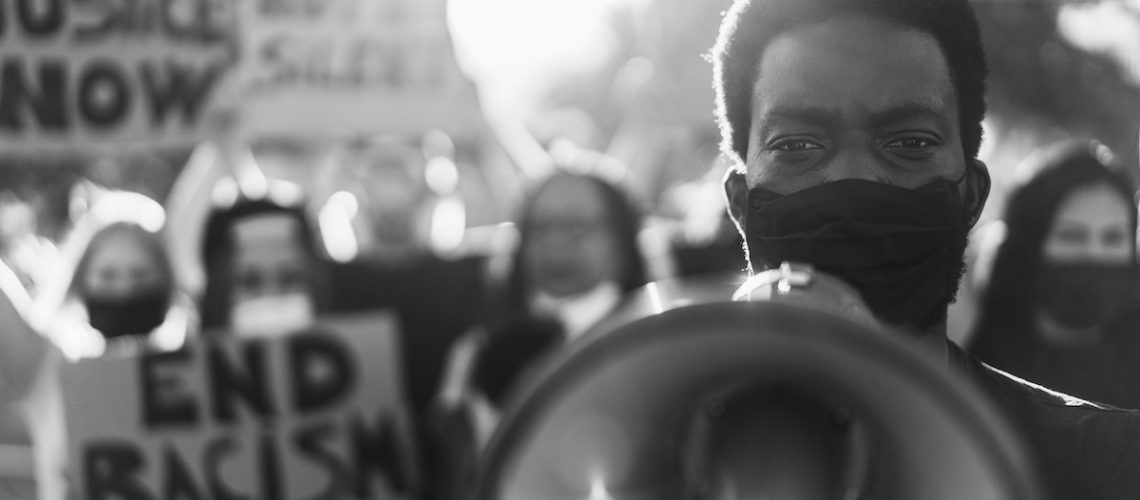America’s Black history is often overlooked or misrepresented. What are the hidden truths that need to be acknowledged and understood?
1. The True Scale of the Atlantic Slave Trade

The transatlantic slave trade forcibly brought over 12 million Africans to the Americas. This massive human trafficking operation’s scale and brutality are often understated.
2. Black Wall Street’s Success
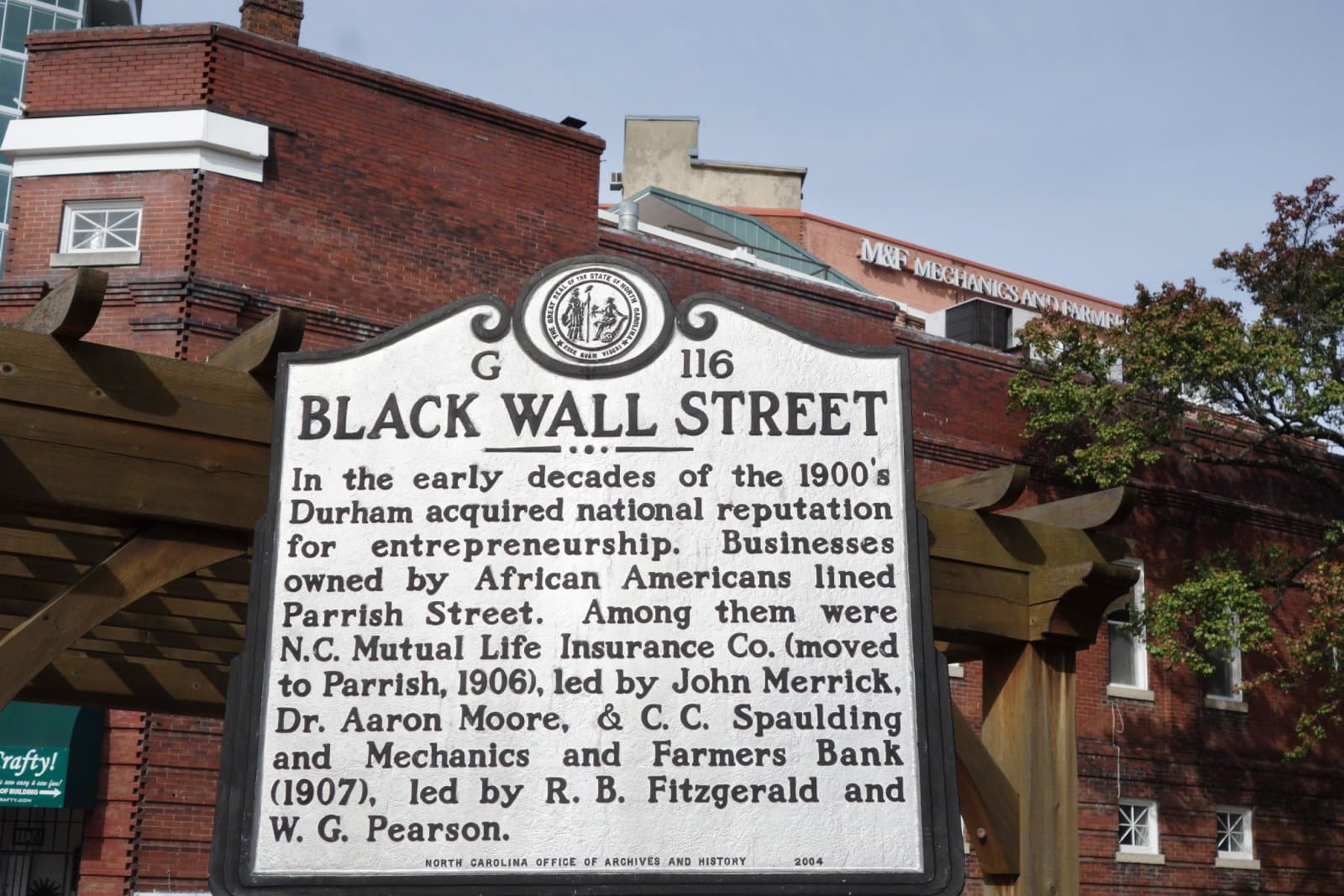
Tulsa’s Greenwood District, known as Black Wall Street, was a thriving center of Black business and culture. It was destroyed in the 1921 Tulsa Race Massacre, an event rarely discussed in history classes.
3. African Contributions to Early America

Enslaved Africans brought extensive knowledge in agriculture, cuisine, and craftsmanship. Their contributions were crucial to the development of the American economy and culture.
4. The First Civil Rights Movement
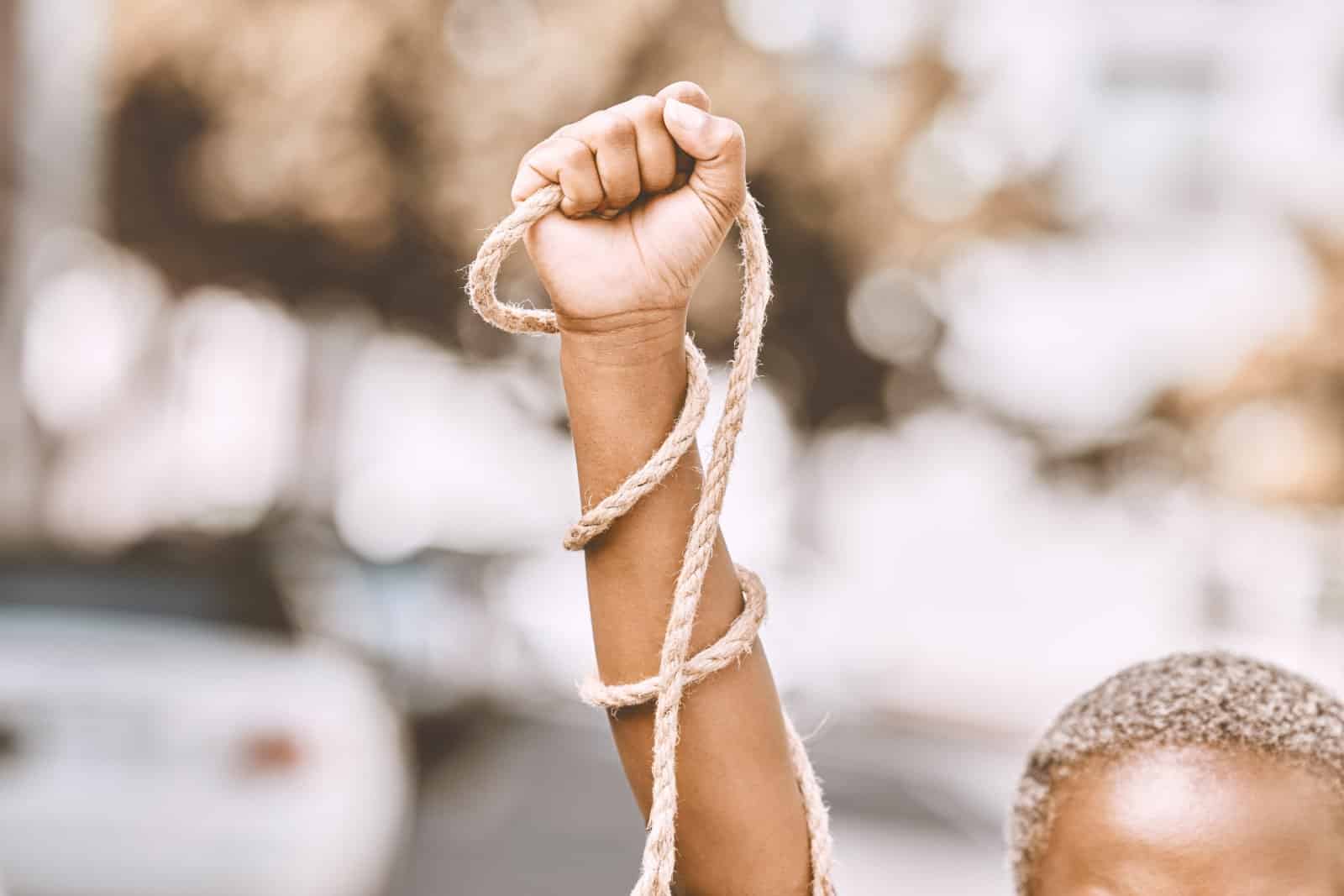
The fight for Black civil rights didn’t start in the 1950s. The first movement began shortly after the Civil War, as Black Americans fought for Reconstruction-era rights and protections.
5. The Role of Black Soldiers

Black soldiers have fought in every American war, from the Revolutionary War to present-day conflicts. Their bravery and contributions are often minimized in mainstream history narratives.
6. The Harlem Renaissance’s Impact
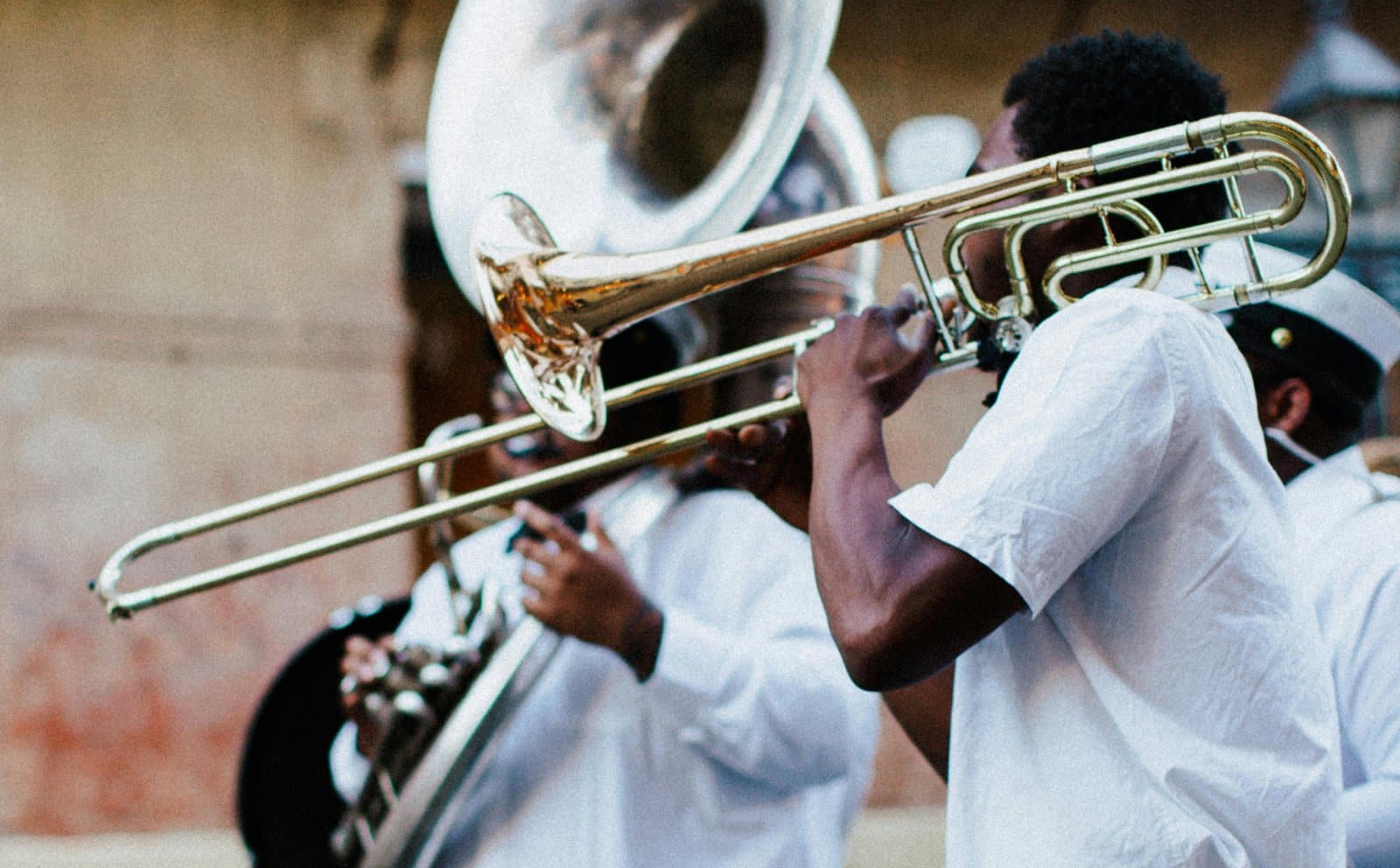
The Harlem Renaissance was more than an artistic movement; it was a cultural and intellectual revolution. It laid the groundwork for future civil rights activism.
7. The Misrepresentation of Martin Luther King Jr.
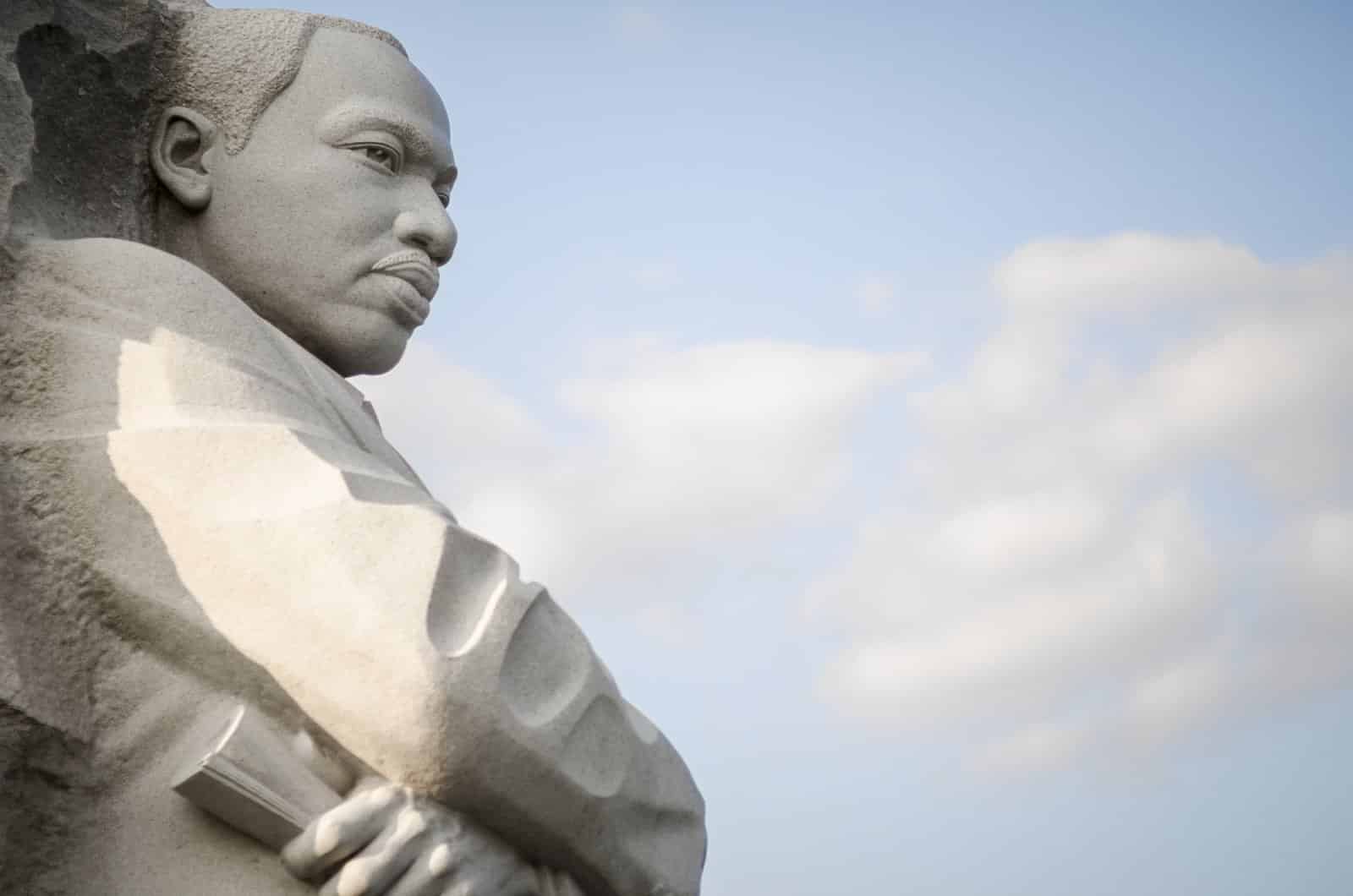
Martin Luther King Jr. is often remembered only for his “I Have a Dream” speech. His more radical stances on economic justice and anti-war sentiments are frequently ignored.
8. The Contributions of Black Women
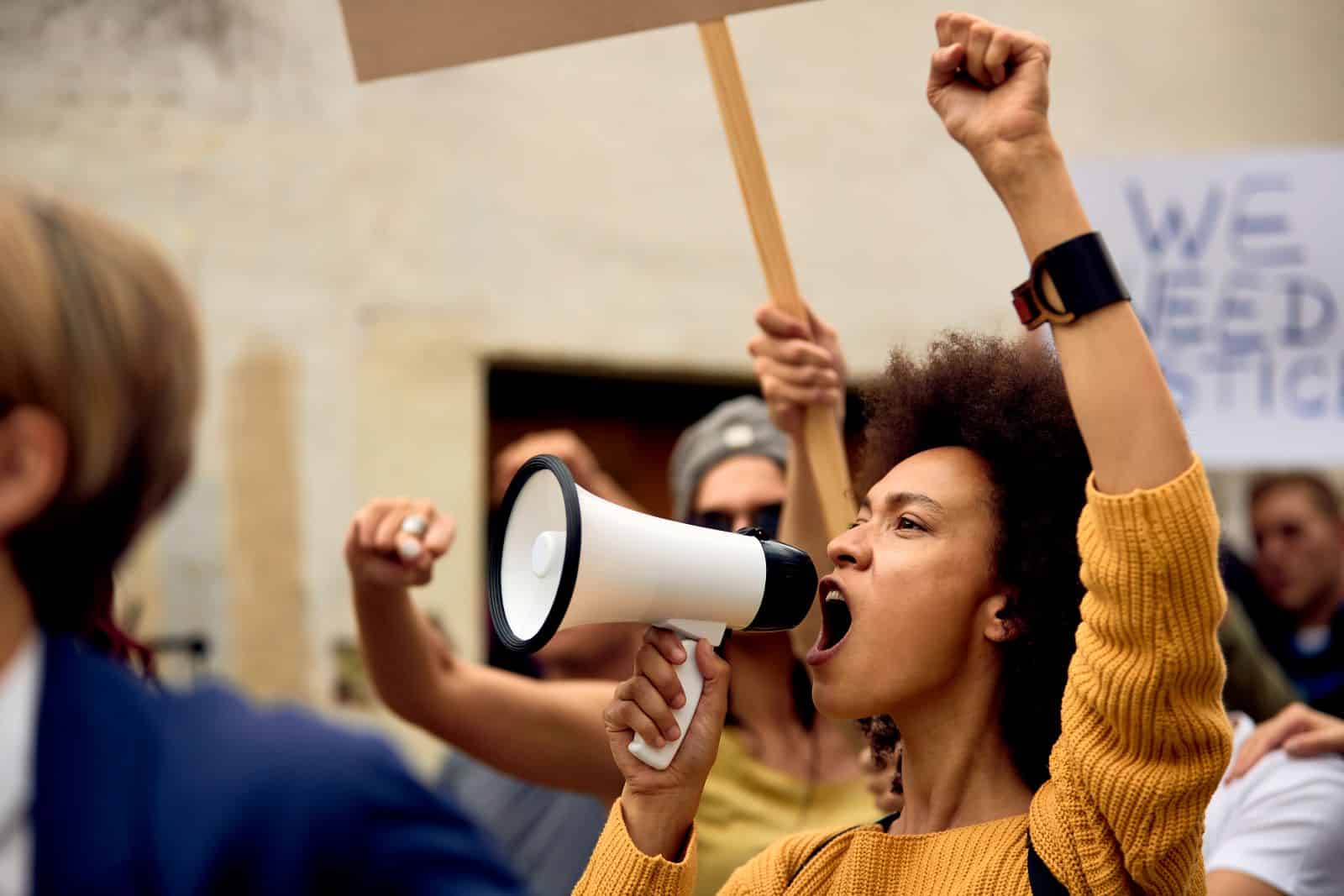
Black women like Ida B. Wells, Ella Baker, and Fannie Lou Hamer played pivotal roles in civil rights activism. Their contributions are frequently overshadowed by their male counterparts.
9. The Overlooked Black Panther Party
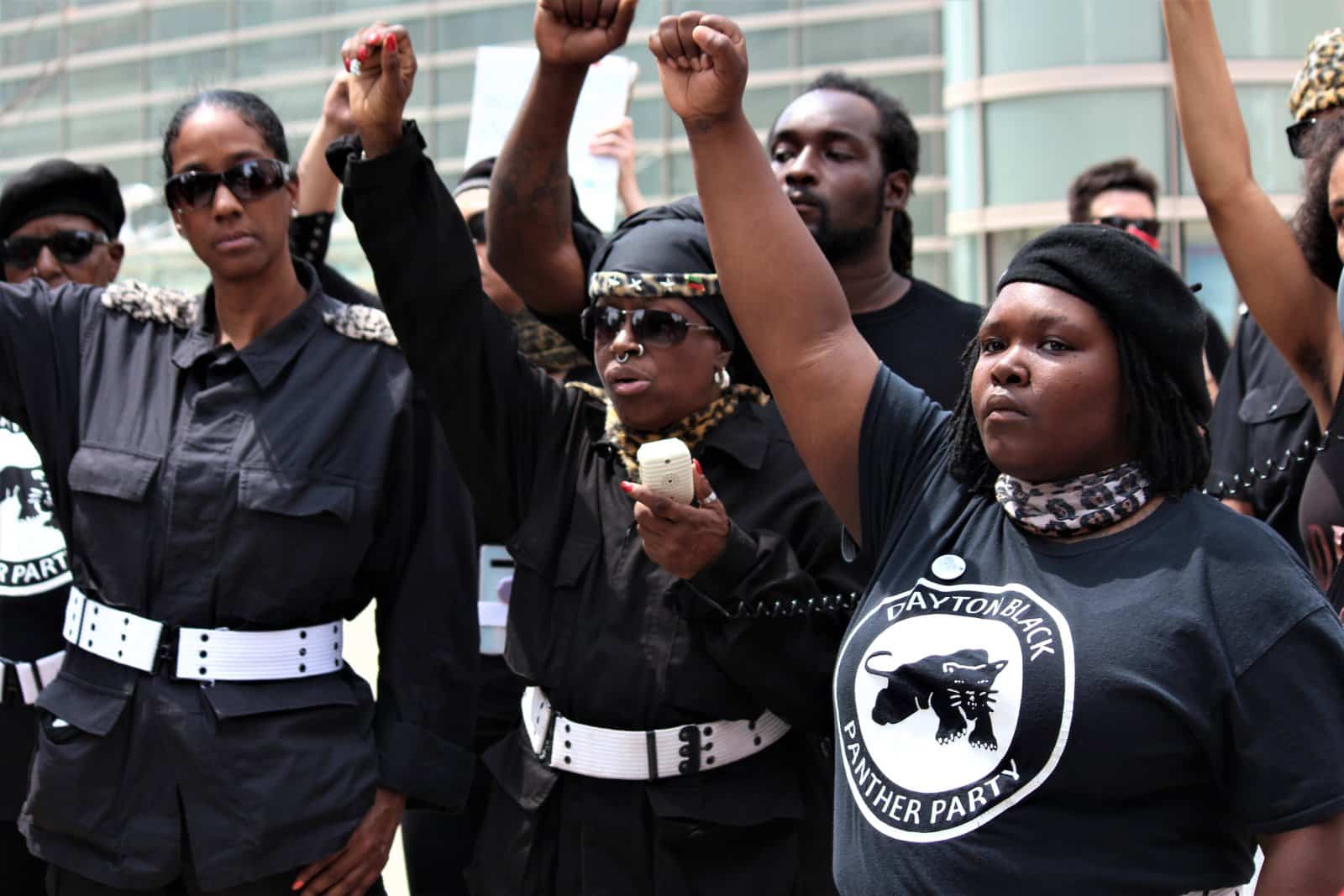
The Black Panther Party is often misrepresented as a militant group. In reality, they provided essential community services like free breakfast programs and health clinics.
10. Systemic Racism in Northern States

Racism is often portrayed as a solely Southern issue. Northern states also had significant segregation and discrimination, including redlining and school segregation.
11. The Legacy of Slavery in Modern Institutions
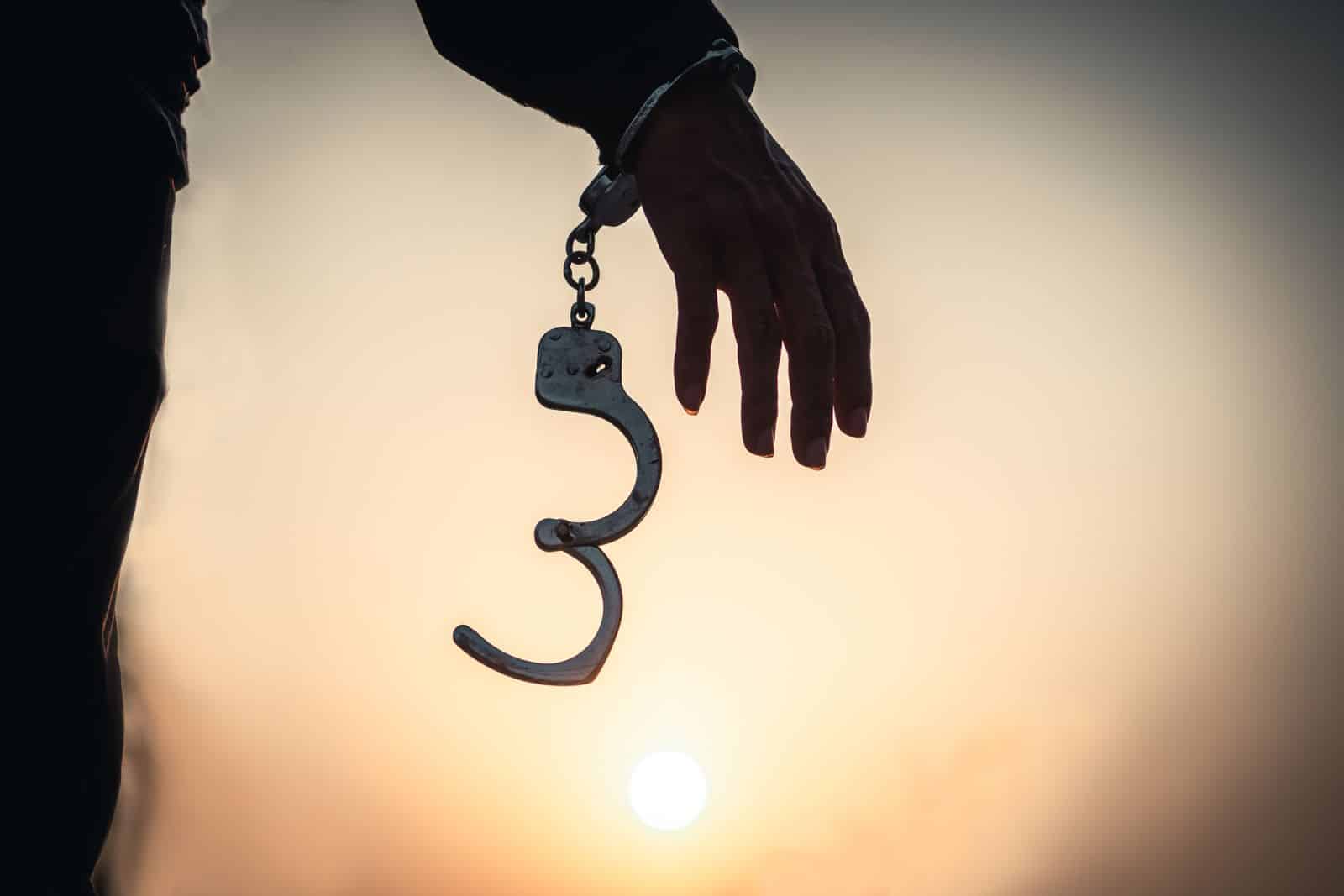
The legacy of slavery extends into modern institutions, influencing economic disparities, criminal justice, and education systems. These impacts are rarely fully acknowledged.
12. The Erasure of Juneteenth
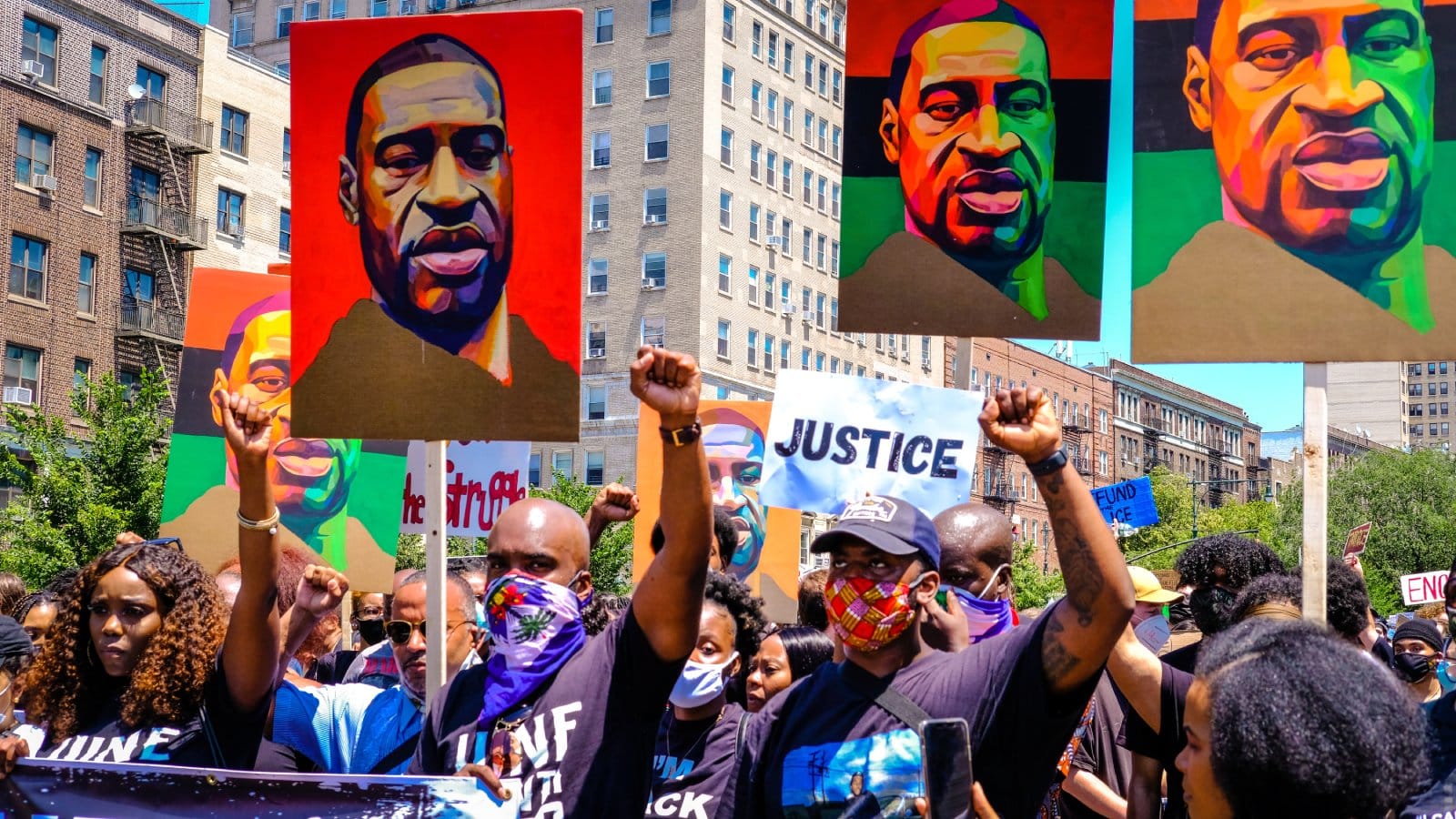
Juneteenth, celebrating the end of slavery in the U.S., was largely ignored in mainstream history until recently. Its recognition is crucial to understanding Black liberation history.
13. The Importance of HBCUs

Historically Black Colleges and Universities (HBCUs) have been critical in providing education and opportunities to Black Americans. Their significance is often downplayed.
14. The Civil Rights Act’s Limited Impact
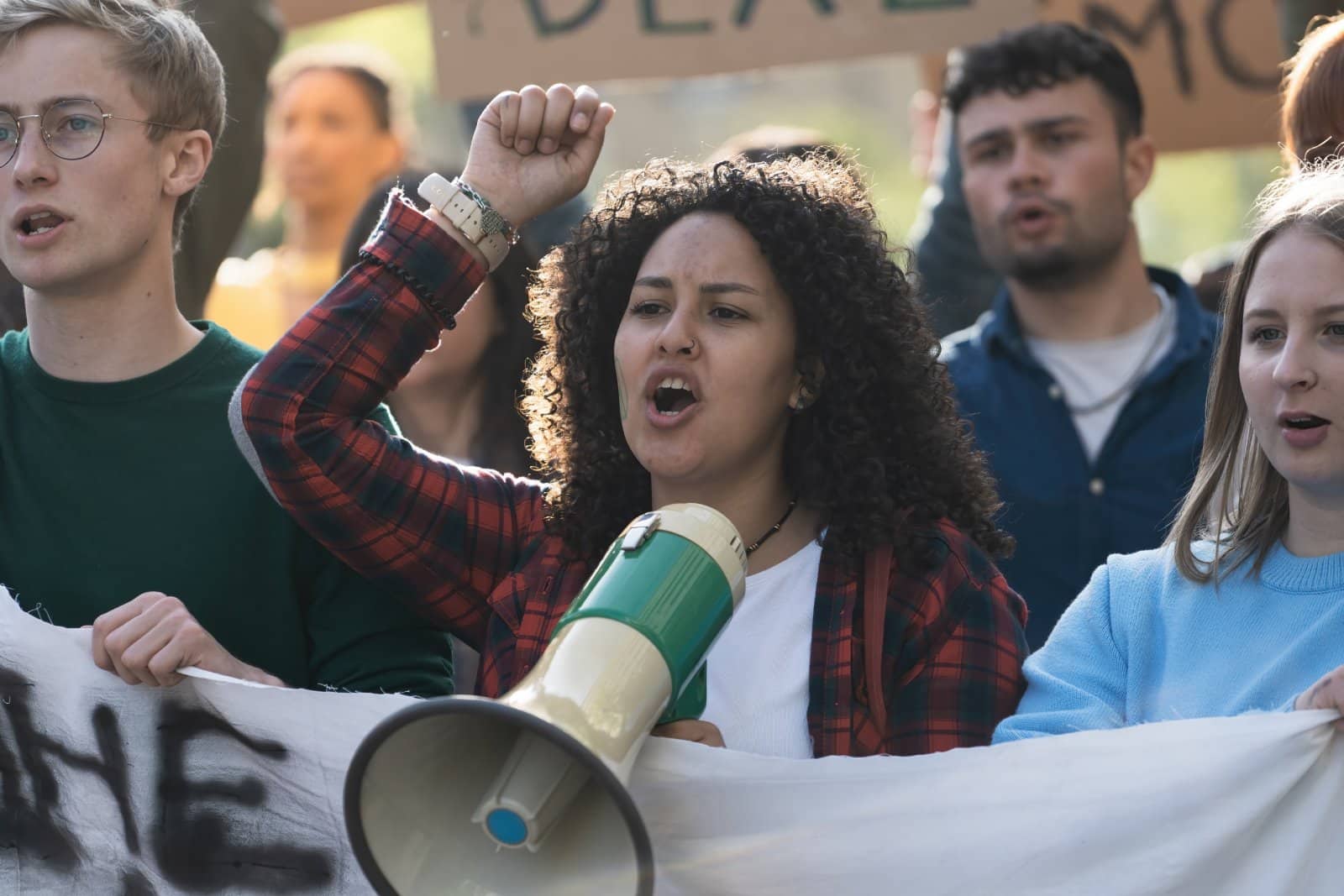
The Civil Rights Act of 1964 was a landmark achievement, but it did not end racial discrimination. Many systemic barriers and inequalities persisted.
15. The Contributions to Labor Movements

Black Americans played a significant role in the labor movement, fighting for fair wages and working conditions. Their contributions are often overlooked in labor history.
16. The Influence of Black Inventors

Black inventors and scientists have made groundbreaking contributions. Figures like George Washington Carver and Garrett Morgan are often underrepresented in discussions of innovation.
17. The Misunderstood Role of Affirmative Action
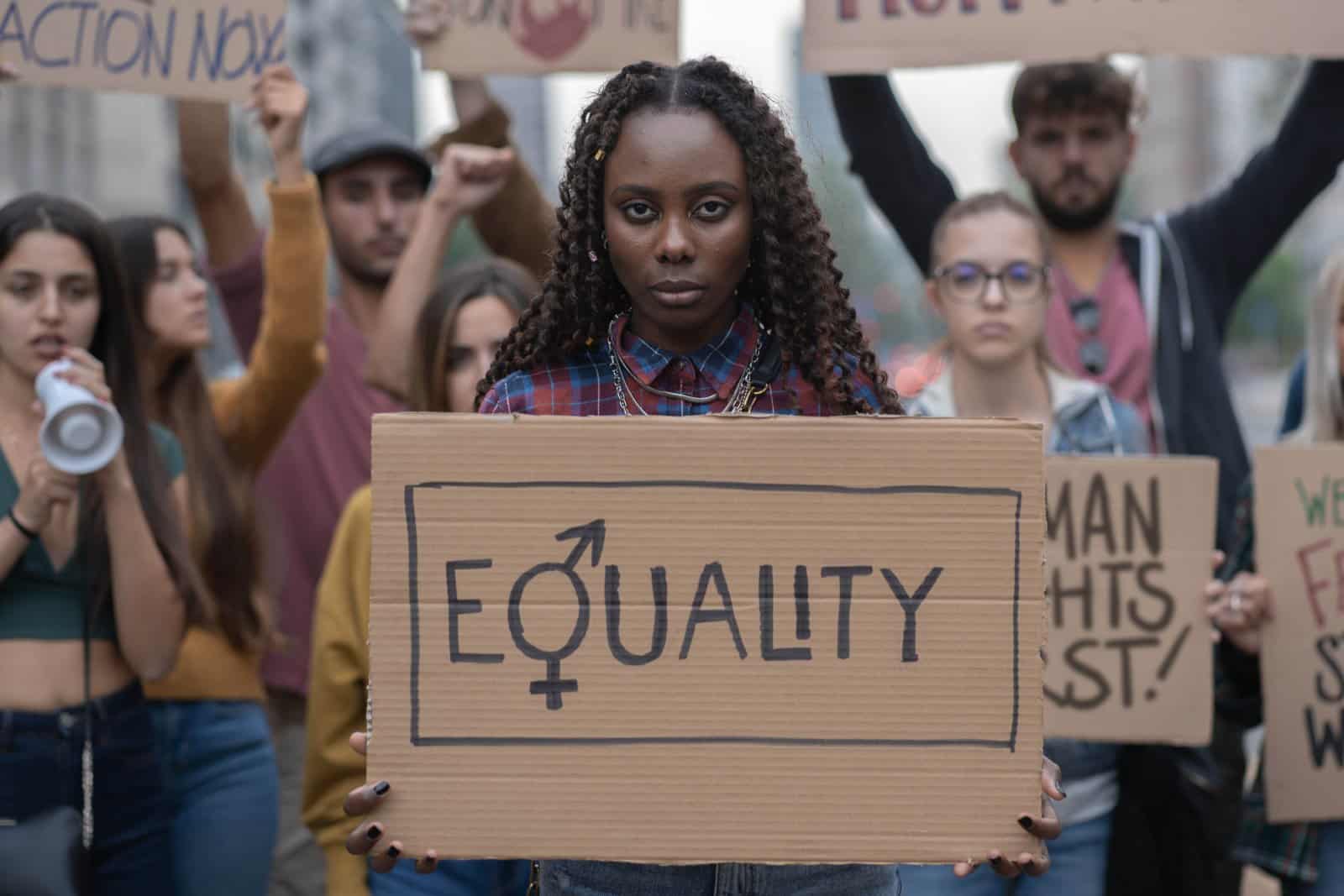
Affirmative action policies were designed to address historical inequalities and provide opportunities. The backlash against these policies often ignores the systemic barriers they seek to overcome.
18. The Criminalization of Black Activism
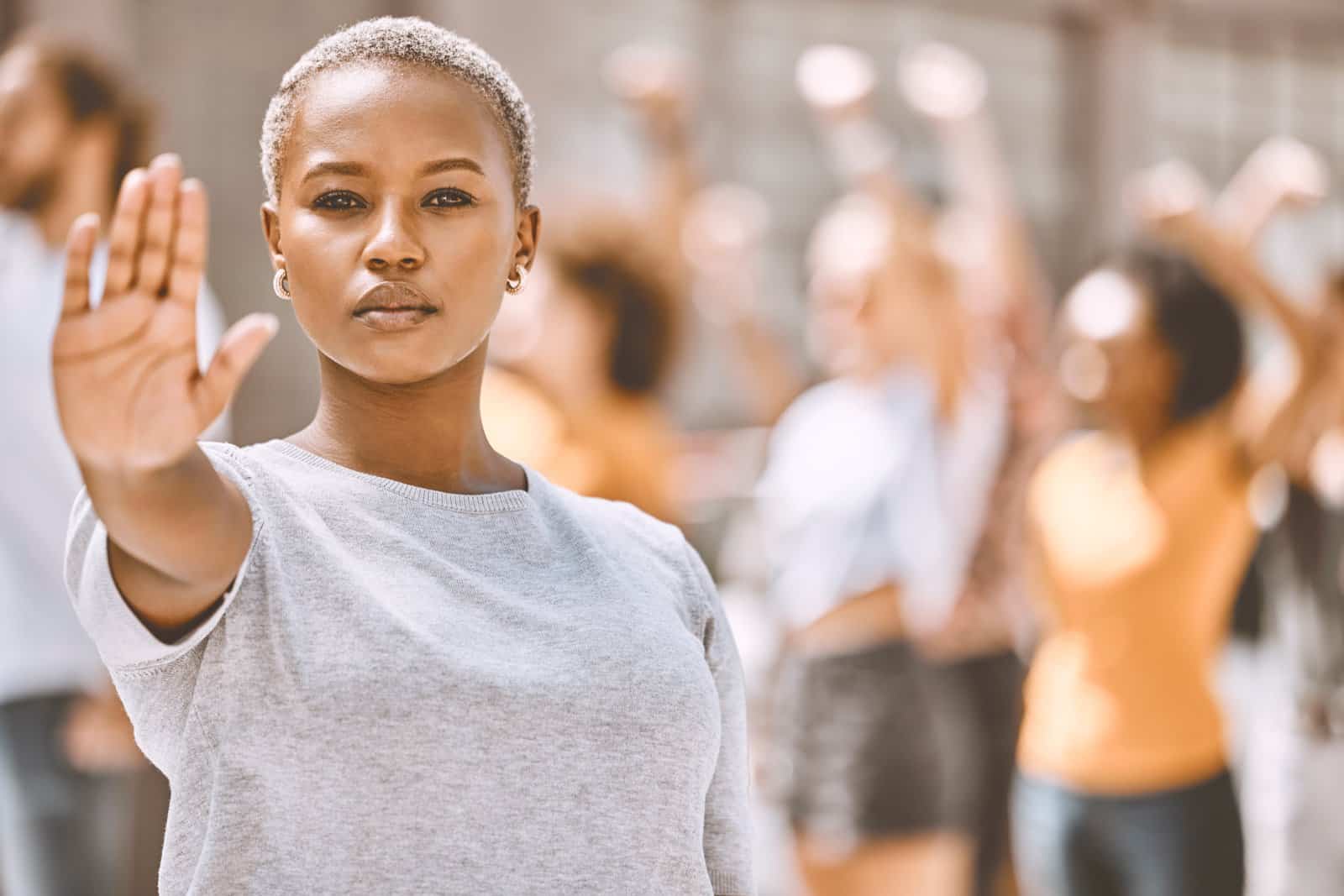
Many Black activists have been unfairly criminalized for their efforts. Figures like Angela Davis and the Freedom Riders faced severe repression for their advocacy.
19. The True Impact of the War on Drugs

The War on Drugs disproportionately targeted Black communities, leading to mass incarceration and systemic disenfranchisement. Its full impact is still felt today.
20. The Significance of Reparations

The debate over reparations for slavery and systemic racism is ongoing. Understanding the historical and economic arguments for reparations is crucial to this discourse.
21. The Resilience of Black Culture
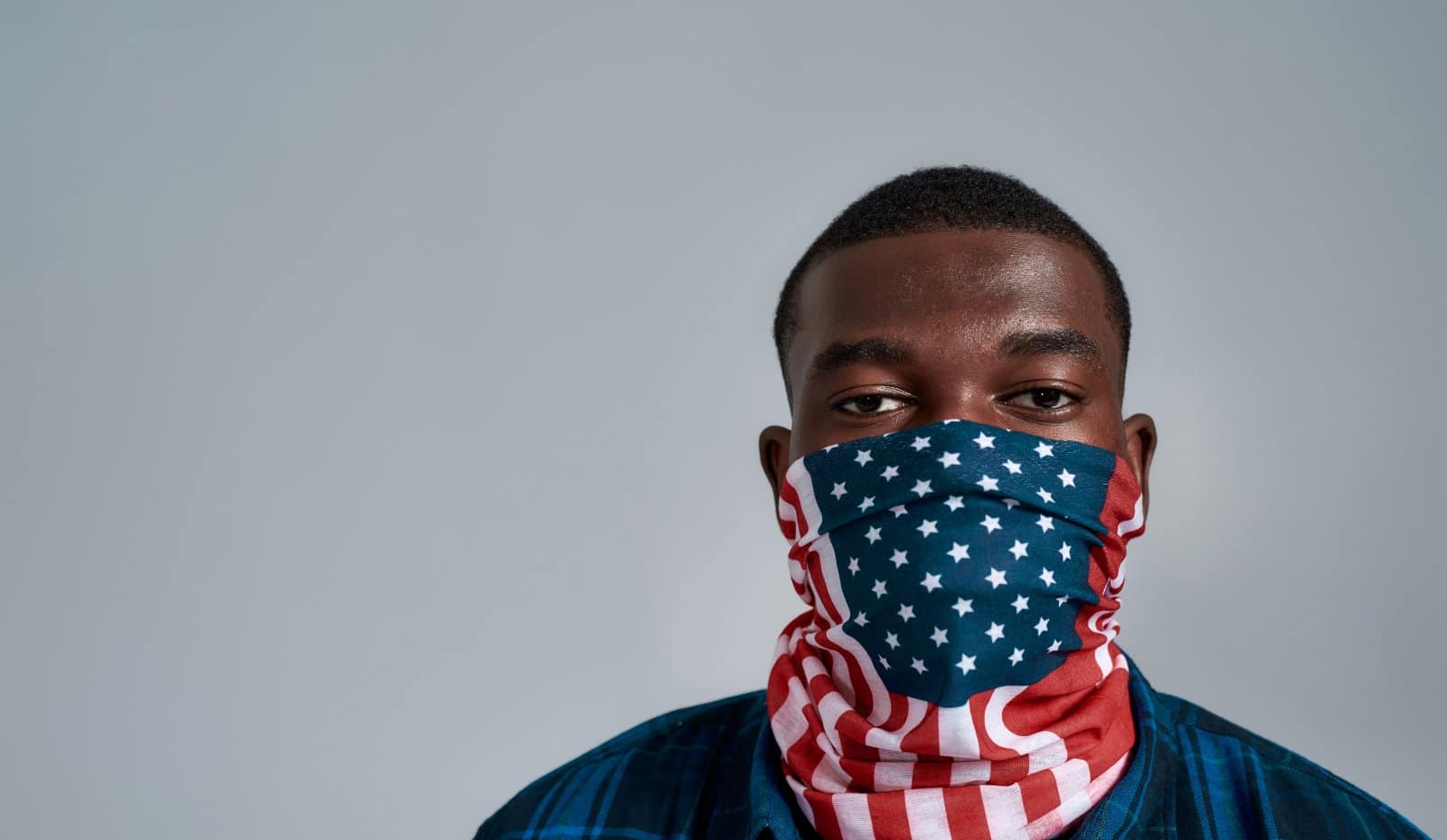
Black culture has continually shaped and influenced American culture despite systemic oppression. The resilience and creativity of Black Americans remain a cornerstone of U.S. history.
What Else Is Hidden?

These denied truths are just the tip of the iceberg. What other aspects of America’s Black history need to be uncovered and acknowledged?
This post first appeared on Pulse of Pride.
Featured Image Credit: Shutterstock / Tint Media.
For transparency, this content was partly developed with AI assistance and carefully curated by an experienced editor to be informative and ensure accuracy.

